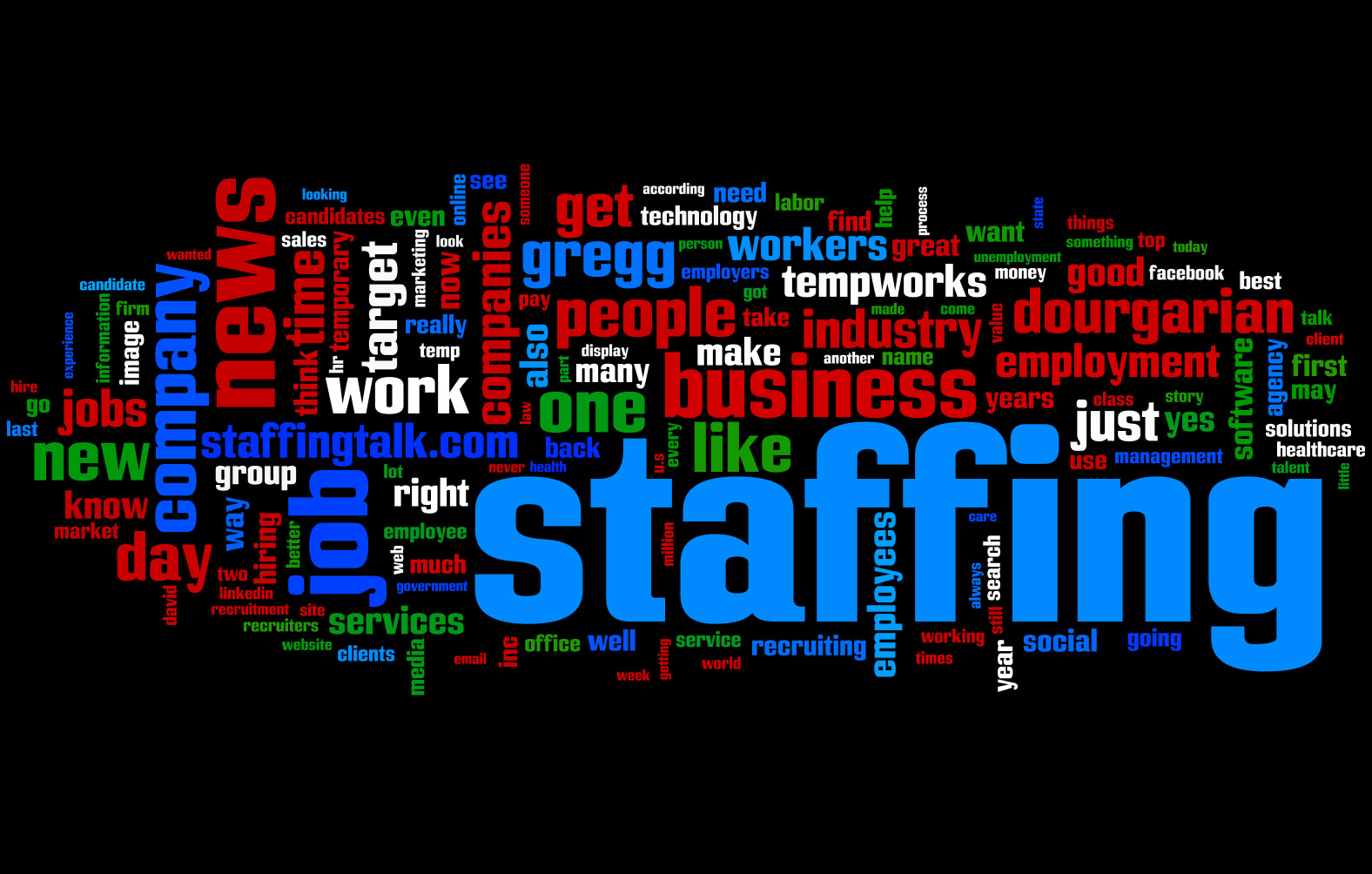I was reading my Dallas Morning News a few weeks ago when I stumbled on an article in the Business section called, “Whistle-blowing to IRS Can Pay Off.” Based on the kind of work I do, it caught my attention, of course. Here’s the link – you may need to register with the online site before viewing the article.
I was stunned to think that reporting tax abnormalities to the IRS could result in actually making money. Then again, maybe I shouldn’t be so surprised. I remember a few years ago when I rear-ended a city bus and was sued by two people who claimed injury. The irony is that they weren’t even on the bus at the time – they read about it in a police report and decided to sue for damages (they got “none,” I’m glad to report).
Indeed, people WILL find a way to make any kind of money they can. Ok, enough said about that.
Now to the greater matter at hand. I think the idea of reporting tax crimes to the IRS is a golden opportunity for accountants to reach out to their clients and educate them – not letting them know how to go about reporting problems to the IRS (which is OK, but not necessarily your concern), but in terms of ensuring the clients have their own houses in order year-in and year-out. We’ve all had friends who have told us about questionable deductions. After all, they wouldn’t be boasting about them if they WEREN’T suspect, right?
This is a great time of the year – before tax season begins – to sit down with your clients to talk about honesty, integrity and all of the other tents of the Code of Ethics. Of course, as their trusted advisor, you should already know if there are any problems, but how can you be sure you are fully aware of what’s going on with each client?
This opportunity to contact and talk with them actually is also a good way to continually ensure your availability and partnership with them during the year – more than just annually during tax time. I know I’ve written about that problem many, many times in CPATechViews and other places – the fact that most tax accountants only seem to be in touch with their clients during tax time. Wrong! You should establish continual communications throughout the year – and I mean more than simply sending a quarterly e-mail newsletter.
Your discussion on honesty will probably lead to other topics – as any discussion usually does. Again, this is great way to hammer home the fact that you are a partner to the client and truly care about their personal and professional endeavors.
Thanks for reading CPA Practice Advisor!
Subscribe Already registered? Log In
Need more information? Read the FAQs




